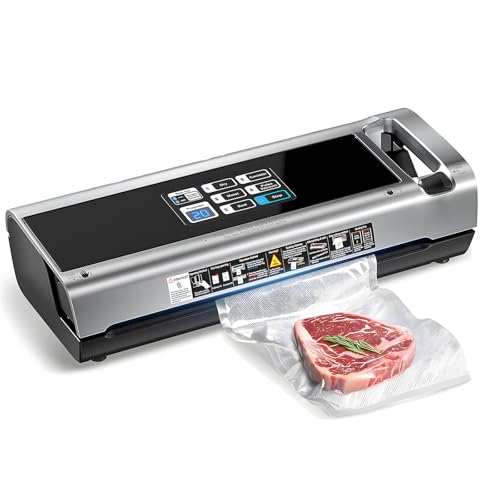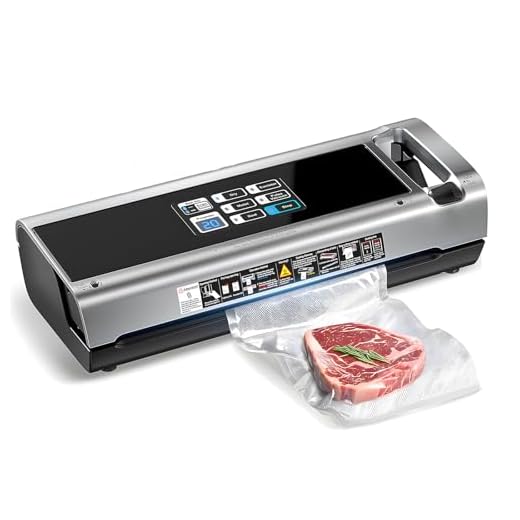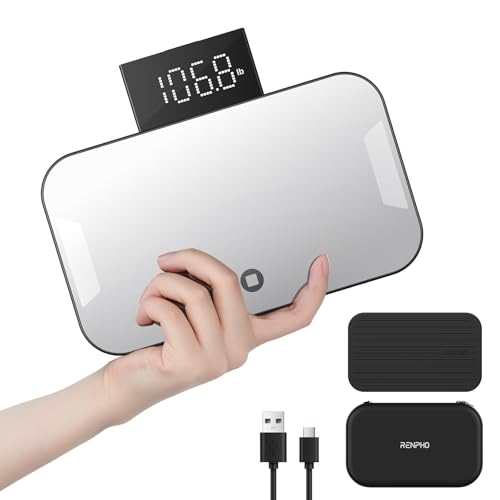



Strictly adhere to regulations regarding personal items while traveling. Packaged goods like snacks and other ready-to-eat items are generally permissible in passenger cabins, provided they are commercially sealed. This facilitates a smoother journey and ensures compliance with airline rules.
Prioritize the inspection requirements of security personnel. Items in excessive quantities may raise questions, as there are limits to the volume of consumables carried. Aim for portions that are acceptable and kept within reasonable sizes to avoid problems at checkpoints.
Be aware of the restrictions on specific products based on the destination country. Many regions have strict guidelines regarding certain ingredients or components contained within consumables. Check local regulations before packing to prevent any potential disputes upon arrival.
Airline Regulations for Sealed Food Items
Regulatory guidelines differ based on carrier and destination, making it essential to check specific airline policies. Generally, most airlines allow commercially packaged and sealed products, as long as they comply with weight and dimension restrictions.
Common Rules
- Items must be unopened and commercially prepared.
- Check for any restrictions related to specific ingredients, such as liquids or gels.
- Ensure packages are free from signs of damage to avoid inspection issues.
Country-Specific Restrictions
Certain nations impose limitations on transporting particular substances. Always review local regulations governing imports, especially for unique items or fresh produce.
Referencing the safety of storage solutions can be beneficial, such as this article on are swan fridge freezers safe for ensuring items remain fresh before travel.
Types of Sealed Edibles Permitted in Carry-Ons
Vacuum-sealed meats, such as jerky or deli slices, are typically allowed and are convenient for travel. Pre-packaged snacks, including granola bars and nut mixes, are acceptable as well. Canned goods, like tuna or fruit, are generally permissible, provided they meet size regulations. Furthermore, packaged candy and chocolate items can usually be included without issue.
Always check for liquid restrictions, especially regarding sauces or dressings, as they must adhere to strict volume limits. Individually wrapped servings of cheese or dairy products are often suitable if securely sealed. Sealed baked goods like cookies or cupcakes should be fine, but avoid items with loose toppings.
For those needing reliable storage options for these items, consider the best duffel bag for travel to africa, which can accommodate various snacks without compromising safety or accessibility.
Tips for Packing Sealed Food for Travel

Ensure items are well-packaged in airtight containers to prevent spills and contamination.
Opt for lightweight and compact choices, optimizing space in small compartments.
Choose vacuum-sealed products whenever possible, as they occupy less room and stay fresh longer.
Include a small cooler or insulated bag for perishables, maintaining temperature during transit.
Label all packages clearly with contents and expiration dates to meet security requirements.
Keep a list of permitted products and restrictions from airlines prior to packing to avoid any issues.
Utilize resealable bags for snacks and small portions; they are practical and reduce mess.
Place items at the top of your carry-on for easy access during security checks.
Avoid packing anything that could leak or produce strong odors to avoid inconveniencing fellow travelers.
Check regulations of both departure and arrival destinations to comply with local laws on consumables.
Customs Regulations on Food Items at Destinations

Consult the specific import regulations of each destination before carrying consumables, as rules greatly differ. Many countries impose restrictions on certain products to protect local agriculture and biodiversity.
Check if items are allowed, as some regions prohibit dairy, meat, fruits, and vegetables, while others may permit commercially packaged snacks. Commonly accepted products might include sealed candies, packaged nuts, and small jars of honey, but verification is recommended.
Declare all edible items at customs if required, as failing to do so can result in fines or confiscation. Customs officers may request documentation for certain items, especially if they originate from regions known for specific agricultural diseases.
Research whether any additional taxes or fees are applicable upon arrival. Some destinations have limits on the value or quantity of consumables that can be imported. Be aware of exemptions for tourists, which may provide allowances for certain products without incurring duties.
For efficient travel, refer to the official customs website of the country of entry for up-to-date guidelines on acceptable items and quantities. This proactive approach can help avoid inconveniences at customs and ensure compliance with local laws.








